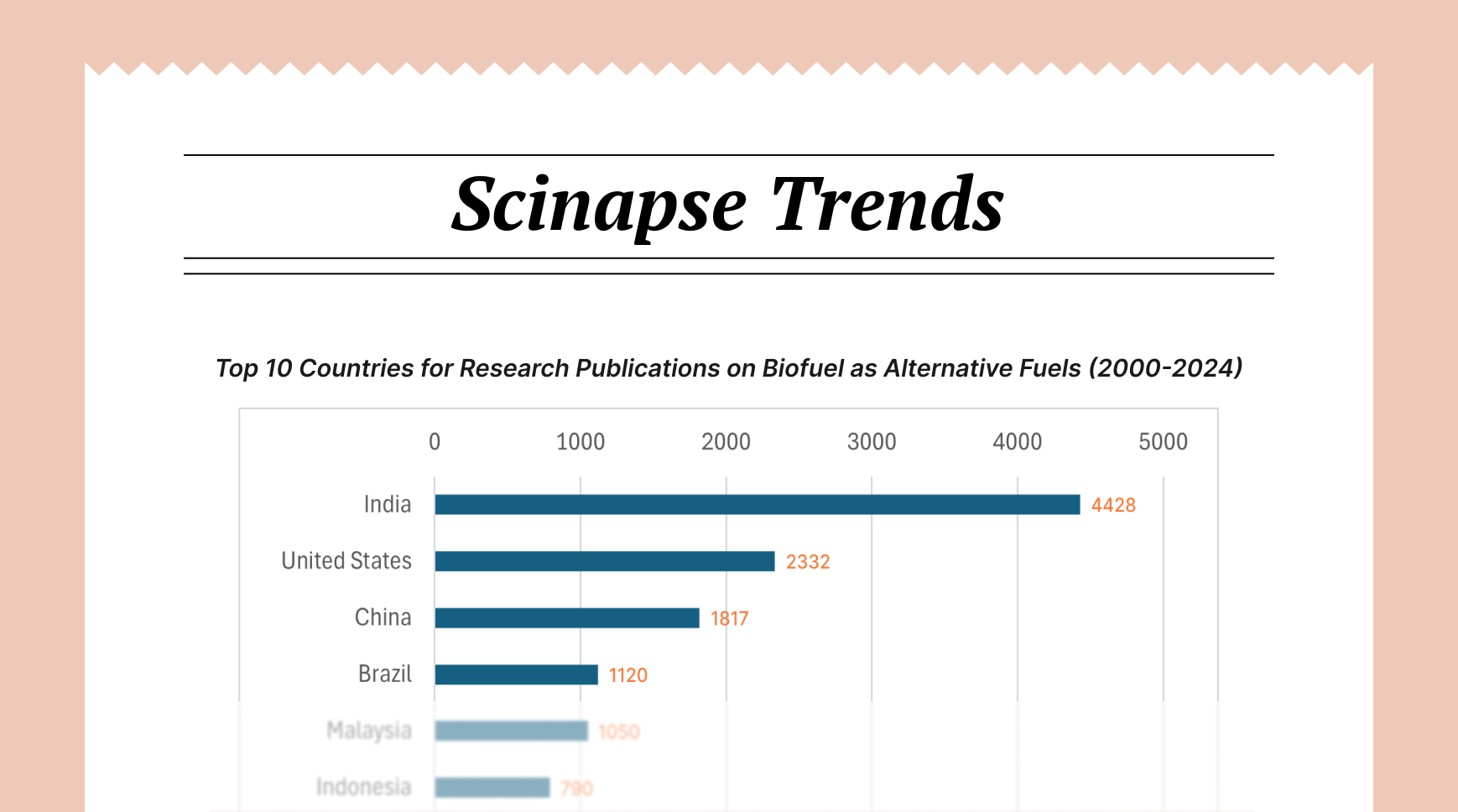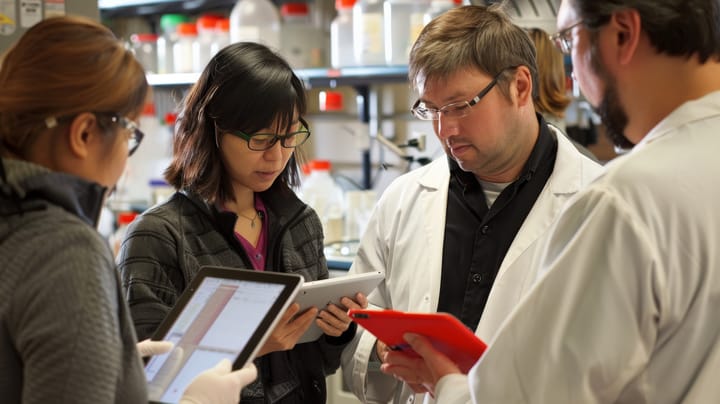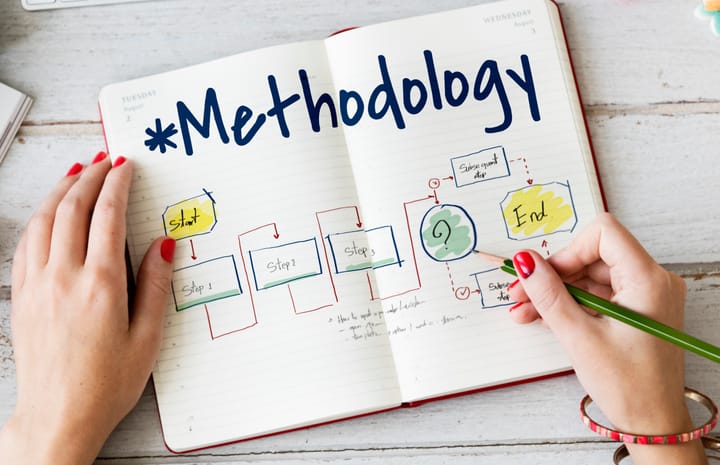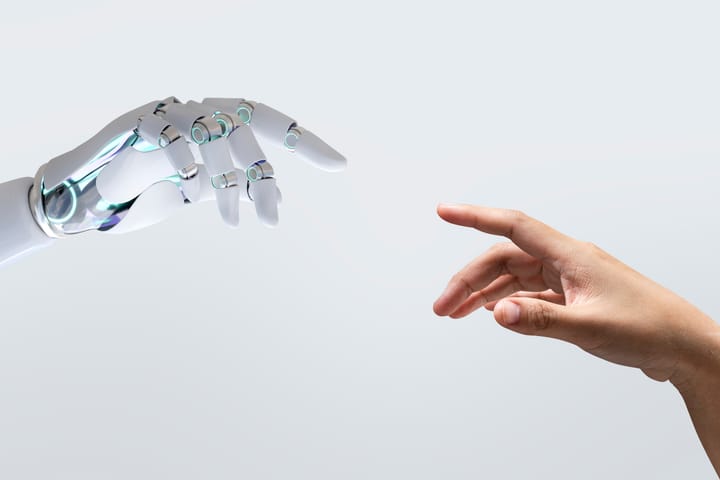Tech Giants Are Changing Their Approach to Workforce Training Through Industry-Academia Partnerships

As we witness technological progress, a critical question emerges: Can our traditional academic institutions keep pace with the breakneck speed of technological change? Major tech companies like Google, Apple, and Microsoft are no longer waiting for an answer. Instead, they're actively redesigning the relationship between education and industry, confronting a fundamental challenge that has long plagued our learning systems: the growing disconnect between academic curricula and the dynamic skills demanded by the modern workforce.
This isn't about disruption for its own sake. It's about survival—both for students preparing to enter an increasingly complex job market and for industries desperate for talent that can hit the ground running. What happens when the knowledge taught in classrooms becomes obsolete before students even graduate? How can education remain relevant when technology transforms faster than semester schedules can adapt?

The tech giants have a pragmatic answer: If universities can't quickly evolve, then the industry will step in to bridge the gap. By creating targeted partnerships, developing specialized certificates, and directly influencing curriculum design, these companies are reimagining education as a responsive, real-time learning ecosystem. It's a bold approach that challenges us to rethink not just how we learn, but why we learn—transforming education from a static repository of knowledge to a dynamic pathway of continuous skill development.
The Growing Skills Disconnect
The traditional academic model is struggling to keep pace with technological innovation. Universities often find themselves teaching skills that become obsolete before students graduate, while industries desperately seek professionals with cutting-edge technological expertise. This disconnect has created a significant challenge for both educational institutions and employers.
The problem is multifaceted. Technology evolves at an unprecedented rate, with new programming languages, AI technologies, and computational methods emerging almost daily. Traditional four-year degree programs, with their carefully crafted and slowly adjusted curricula, cannot rapidly adapt to these changes. As Microsoft noted, the growing skills gap will continue to expand unless more employers and educational institutions take proactive steps.
A Strategic Transformation in Educational Partnerships
Tech giants have developed a nuanced approach to bridging this gap. Rather than simply throwing money at educational institutions, they deeply integrate into the academic ecosystem.
Google's approach exemplifies this strategic shift. In January 2018, the company launched an online certificate program specifically designed to prepare students for entry-level IT support roles.[1] The motivation was pragmatic: with Alphabet employing over 85,000 people, the company recognized a critical shortage of skilled workers. Importantly, they understood that many technical roles don't require a traditional four-year degree, but do demand specialized knowledge.
The program's impact was immediate and significant. Within just five months, over 40,000 students enrolled, with 1,200 completing the full certification. What makes this approach revolutionary is its flexibility. Universities can now customize and integrate these certificates into their degree pathways, creating a more adaptive and responsive educational model.
Tailored Learning Across Different Tech Domains
Each tech giant has developed a unique approach to educational partnerships:
Apple has concentrated on coding education, particularly through partnerships with community colleges to teach Swift, their proprietary programming language.[2] At Mesa Community College, the program attracted nearly 100 students from diverse backgrounds, offering a micro-certificate that can lead to broader programming credentials.
Microsoft has taken an even more comprehensive approach. The company has partnered with global institutions to develop programs in critical fields like data science, cybersecurity, and artificial intelligence.[3] Prestigious institutions such as the London School of Economics and Purdue Global are now offering Microsoft-designed coursework, providing students with industry-aligned skills that directly translate to workforce needs.
Beyond Technical Training
These partnerships offer advantages that extend far beyond immediate technical skills. By collaborating closely with industry leaders, academic institutions gain real-time insights into emerging technologies and skill requirements. Students receive not just theoretical knowledge, but practical, real-world experience that makes them immediately valuable to potential employers.

For tech companies, the benefits are equally significant. By actively shaping educational programs, they can help close the skills gap, ensuring a steady pipeline of talented, well-prepared professionals. The approach transforms educational institutions from passive knowledge providers to dynamic skill development platforms.
These partnerships represent more than just a temporary solution. They signal a fundamental reimagining of professional preparation. By breaking down traditional barriers between education and industry, tech giants are creating a more responsive, adaptive learning ecosystem.
The benefits extend to multiple stakeholders:
- Students gain access to cutting-edge, industry-relevant skills
- Universities remain competitive and responsive to market needs
- Companies develop a pipeline of well-prepared, immediately productive talent
Next Step for Tech Industry-Academia Collaborative Approach
The tech industry's approach to academic partnerships represents a strategic evolution in how we prepare professionals for the digital age. By creating flexible, industry-aligned learning experiences, companies like Google, Apple, and Microsoft are not just solving immediate workforce challenges—they're reimagining the entire concept of education.
For students, this means access to cutting-edge learning experiences. For universities, it represents an opportunity to remain relevant and responsive. And for tech companies, it's a strategic investment in developing the talent needed to drive future innovation.
The message is clear: the future of research is collaborative, adaptable, and intimately connected with the rapidly changing world of technology.
References:
[1] https://www.forbes.com/sites/gradsoflife/2018/06/25/googles-it-support-professional-certificate-goes-to-community-college/
[2] https://www.apple.com/in/newsroom/2020/07/apple-updates-coding-programs-and-resources-for-educators-and-students/
[3] https://www.microsoft.com/en-us/security/blog/2024/11/19/ai-innovations-for-a-more-secure-future-unveiled-at-microsoft-ignite/
Author: Uttkarsha B
- AI-Ethicist and STM Research & Publishing Expert
Never re-search again.
Scinapse is made by researchers for researchers.
Join the next generation of research at ⏯️ https://scinapse.io/
Pluto Labs
Pluto Labs helps researchers focus on their research by improving several inefficiencies in the academic research process. We offer data-driven insights from academic papers, allowing users to easily obtain review-level results for their desired range of papers.
https://pluto.im/





Comments ()